Romania's black market in tobacco declined 2.5 percentage points in July 2021 from May, to 7.7% of total consumption, according to data with Novel Research.
According to the Novel Market study, in July, the largest decrease in the illicit cigarette trade was reported in the regions Sud-Vest (almost 6 pp, to 5.7%), Nord-Vest (minus 5.4 pp, to 9.2%) and Vest (minus 5.1 pp, to 8%).
"Although in significant decline (minus 5.1 pp), the region of Nord-Est continues to be the most affected by smuggling, at 20.2%, the highest level compared to the rest of the country. Black market increases are noted in the South-East (plus 2 pp to 7.6%) and Central region (plus 1.3 pp to 1.3%). From the point of view of the origin of the products for the the black market, the share of "cheap whites" continues to increase by 3.9 pp, to over 66%, Moldavia decreases by 3.4pp to 12.3%, and Ukraine and Serbia remain relatively constant compared with May 2021," says Marian Marcu, general manager of Novel Research.
Ileana Dumitru, director of legal and public affairs at British American Tobacco (BAT), says that the significant decrease in smuggling, even in the context of easing COVID-19 pandemic restrictions, is due to the efforts of law enforcement in partnership with the private sector.
Also in the first half of 2021, border police seized more than 1,442,500 packs of cigarettes, about 57.5 tonnes of tobacco and 475 kg of hookah tobacco, and identified and dismantled four groups organised to commit the crime of contraband in cigarettes, in which 44 people were identified. "People involved in illicit cigarette trade come from Romania, Moldova, Ukraine, Bulgaria, Hungary and Serbia," according to Border Police Inspector General Liviu Bute.
In 2019, tobacco companies paid about 3.6 billion euros into Romania's national budget, meaning 1.6% of GDP. In 2020, the tobacco sector became the strongest taxpayer in Romania, Agerpres informs.










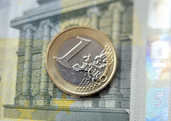
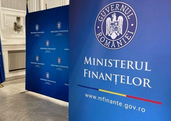

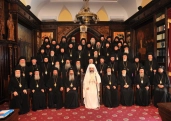






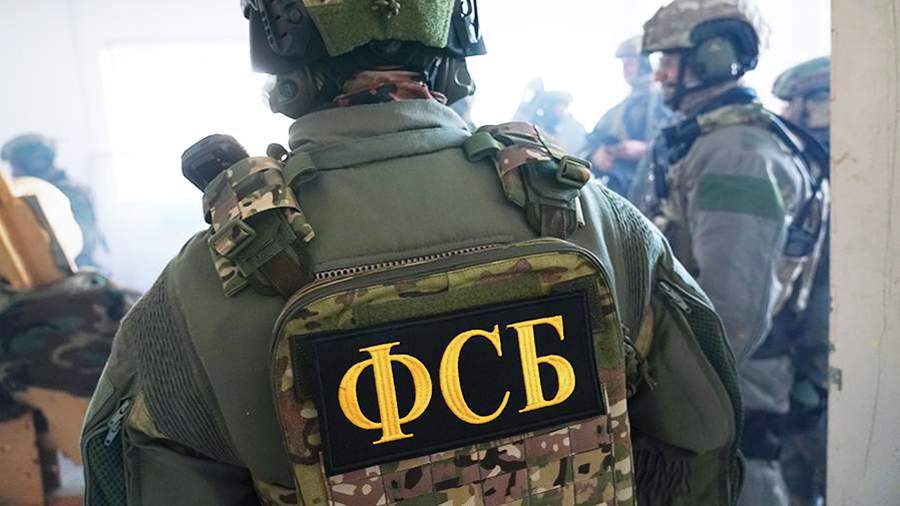

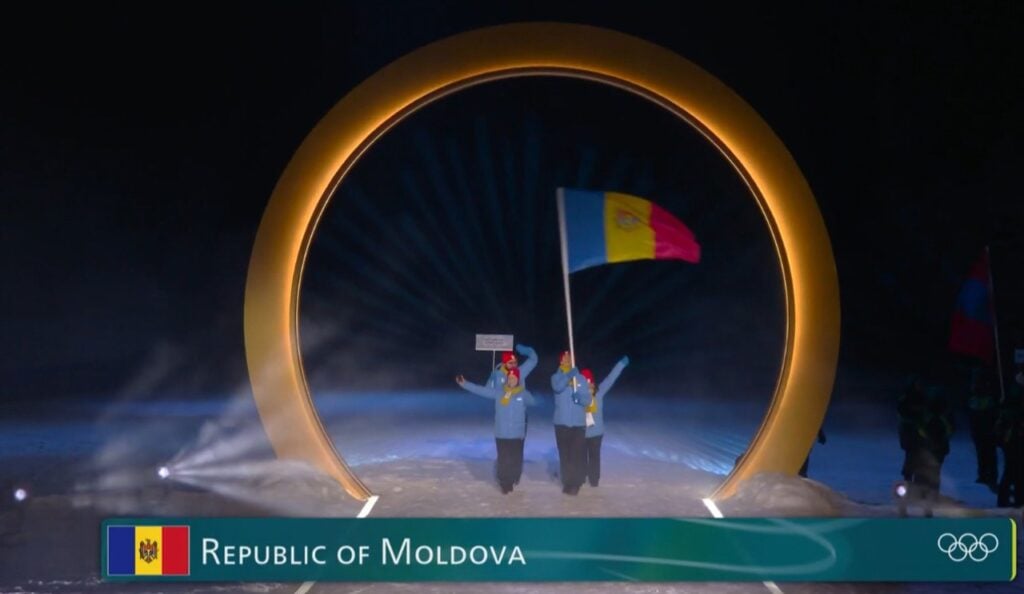









Comentează